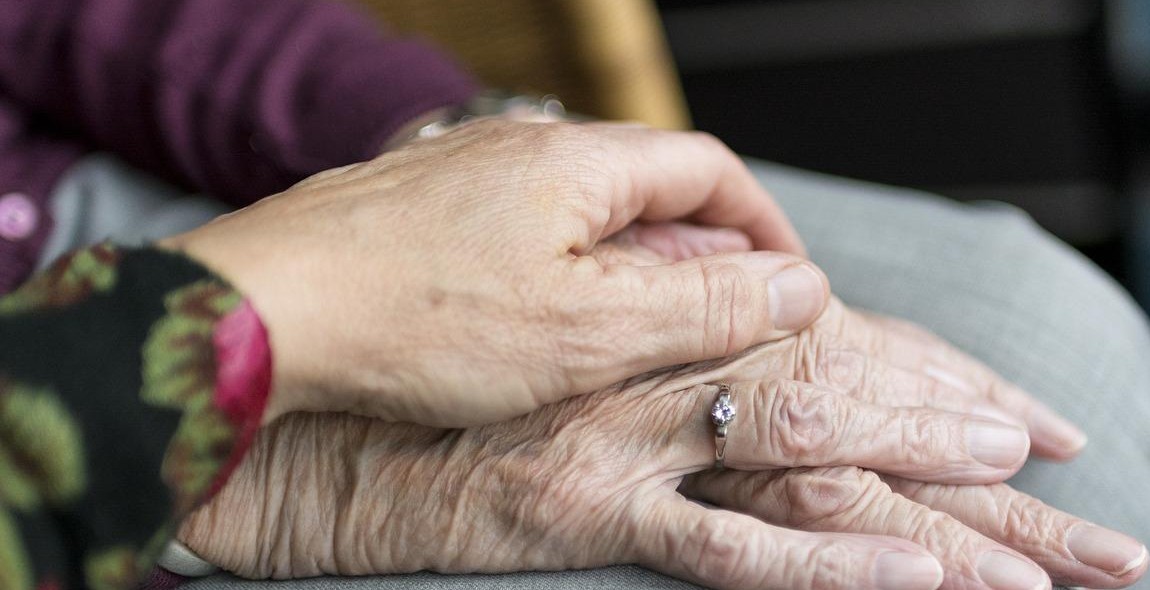How to Get Over a Breakup: A Comprehensive Healing Guide
Breakups are never easy. Whether you were the one who ended the relationship or you were the one who was left heartbroken, it can be a painful and difficult process to get over a breakup. But the good news is that healing is possible. With the right mindset, tools, and support, you can move on from your breakup and start to feel like yourself again.
Personal Experience
As a love and relationships psychology guru, I’ve helped many clients navigate the aftermath of a breakup. But I’ve also been through my fair share of breakups myself. I know firsthand how painful and overwhelming it can be to try to pick up the pieces after a relationship ends. But I also know that it’s possible to come out the other side stronger and more resilient than ever.
What You’ll Learn
In this comprehensive healing guide, I’ll share with you my top tips for getting over a breakup. You’ll learn:
- The common emotional stages of a breakup and how to navigate them
- How to practice self-care and prioritize your own well-being
- Ways to reframe your thoughts and beliefs about the breakup
- Strategies for staying connected to your support system
- Tools for moving forward and creating a new vision for your future
By the end of this guide, you’ll have a clear roadmap for healing from your breakup and moving forward with confidence and optimism. Let’s get started.
Understanding the Pain of a Breakup
Breakups can be one of the most painful experiences in life. It is a major life transition that can cause a lot of emotional and physical stress. Understanding the psychology and physical symptoms of a breakup can help you cope better with the pain and heal faster.
The Psychology of a Breakup
When a relationship ends, it can trigger a range of emotions, including sadness, anger, guilt, and fear. These emotions can be overwhelming and can lead to depression and anxiety. The pain of a breakup can be similar to the pain of losing a loved one.
During a breakup, the brain goes through a process of withdrawal from the relationship. The same parts of the brain that are activated when a person is addicted to drugs or alcohol are activated when someone is in love. This is why it can be so hard to let go of a relationship, even if it is not healthy or fulfilling.
The Physical Symptoms of a Breakup
A breakup can also cause physical symptoms. Some of the common physical symptoms include:
- Insomnia
- Loss of appetite or overeating
- Fatigue
- Headaches
- Chest pain
- Stomach pain
- Increased susceptibility to illness
The physical symptoms of a breakup are caused by the stress hormones that are released in the body. These hormones can cause inflammation and weaken the immune system, making it harder for the body to fight off illness.
| Tip: | Take care of your physical health during a breakup by eating healthy, getting enough sleep, and exercising regularly. This can help boost your mood and reduce the physical symptoms of stress. |
|---|
Allow Yourself to Grieve
Breaking up with someone you love can be devastating. It is okay to feel sad, angry, or lost. Allowing yourself to grieve is an important step in healing after a breakup.
Accepting Your Emotions
It is essential to accept and acknowledge all the emotions that come with a breakup. Do not try to suppress your feelings, as it may only worsen your situation. Instead, allow yourself to feel the pain and sadness, and know that it is okay to cry.
It is also important to note that healing is not linear, and you may experience a rollercoaster of emotions. Some days will be harder than others, but know that it is all part of the healing process.
Take Time Off
After a breakup, taking time off to focus on yourself is crucial. It is okay to take a break from your routine and prioritize self-care.
You can use this time to reflect on the relationship and learn from it. This can help you avoid making the same mistakes in future relationships.
Do things that make you happy, such as spending time with friends, pursuing a hobby, or traveling. Taking time off can help you gain a new perspective on life and help you move on from the past.
Remember, healing takes time, and there is no set timeline for it. Allow yourself to grieve, accept your emotions, and take time off to focus on yourself. In time, you will be able to move on and start a new chapter in your life.

Self-Care is Key
Going through a breakup can be emotionally and physically exhausting. That’s why it’s crucial to prioritize self-care during this time. Here are some ways to take care of yourself:
Focus on Your Health
Physical health and mental health are closely connected, so it’s vital to take care of both. Make sure you’re getting enough sleep, eating well, and exercising regularly. Exercise releases endorphins, which can boost your mood and help you feel better. Additionally, consider practicing mindfulness techniques like meditation or yoga to reduce stress and anxiety.
Engage in Activities You Enjoy
One of the best ways to take care of yourself after a breakup is to do things that make you happy. Whether it’s reading a book, going for a walk, or spending time with friends, make time for activities that bring you joy. By engaging in things you enjoy, you’ll be reminded that life goes on and there are still things to look forward to.
- Take a spa day
- Try a new hobby
- Go on a road trip
- Join a fitness class
Remember, self-care is not selfish. It’s essential to take care of yourself before you can take care of others. By prioritizing your health and happiness, you’ll be better equipped to handle the challenges that come with a breakup.

Find Support in Friends and Family
Going through a breakup can be an isolating experience, but you don’t have to go through it alone. Lean on your support system, whether it’s your family, friends, or even a therapist. These people care about you and want to help you through this difficult time.
Lean on Your Support System
It’s important to remember that you don’t have to carry the weight of your breakup on your own. Reach out to your support system and let them know what you’re going through. Whether it’s a shoulder to cry on or someone to vent to, having someone there to listen can be incredibly helpful.
If you’re struggling to open up to the people in your life, consider seeking out a therapist or counselor. These professionals are trained to help people navigate difficult emotions and can provide you with a safe and non-judgmental space to talk about your feelings.
Talk About Your Feelings
It’s easy to bottle up your emotions after a breakup, but it’s important to talk about how you’re feeling. Whether it’s with a friend, family member, or therapist, expressing your emotions can help you process them and move forward.
Be honest about how you’re feeling, even if it’s uncomfortable. It’s okay to cry, be angry, or feel lost. Your support system is there to help you through these emotions and remind you that you’re not alone.
Remember, healing takes time, but having a support system can make the process a little easier.

Reflect on the Relationship
After a breakup, it’s important to take some time to reflect on the relationship. This can help you gain closure and move on. Here are some steps to help you reflect:
Identify the Reasons for the Breakup
Think about why the relationship ended. Was it a specific event or a buildup of issues? Was it due to something you or your partner did or said? Write down your thoughts and feelings about the breakup in a journal or talk to a trusted friend or therapist.
Identifying the reasons for the breakup can help you understand what went wrong and what you can do differently in future relationships. It can also help you let go of any false hope that the relationship could be salvaged.
Learn From Your Mistakes
Reflecting on the relationship can also help you learn from your mistakes. Think about what you could have done differently or better in the relationship. Were there any patterns or behaviors that you need to work on? Write down your insights and make a plan to improve.
Learning from your mistakes can help you grow and become a better partner in future relationships. It can also give you a sense of empowerment and control over the situation.
Overall, reflecting on the relationship can be a difficult but necessary step in the healing process after a breakup. Take your time and be gentle with yourself as you navigate this process.

Moving Forward
Getting over a breakup is not an easy task, but it is necessary for your mental and emotional well-being. Here are some tips to help you move forward:
Let Go of the Past
The first step in moving forward is to let go of the past. This means accepting that the relationship is over and allowing yourself to feel the pain that comes with it. It’s important to acknowledge your feelings and not try to suppress them. This will help you to heal and move on.
You should also try to avoid dwelling on what went wrong in the relationship. Instead, focus on what you learned from the experience and how you can grow from it.
Focus on the Future
The next step is to focus on the future. This means setting new goals for yourself and working towards them. It’s important to have a positive outlook and to believe that good things are on the horizon.
You should also try to surround yourself with supportive friends and family. This will help you to feel less alone and will provide you with a support system during this difficult time.
- Set new goals for yourself
- Focus on the positive
- Surround yourself with supportive people
Remember that healing takes time and it’s okay to take things slow. Be kind to yourself and allow yourself to feel all the emotions that come with a breakup. With time, you will heal and be able to move on.
